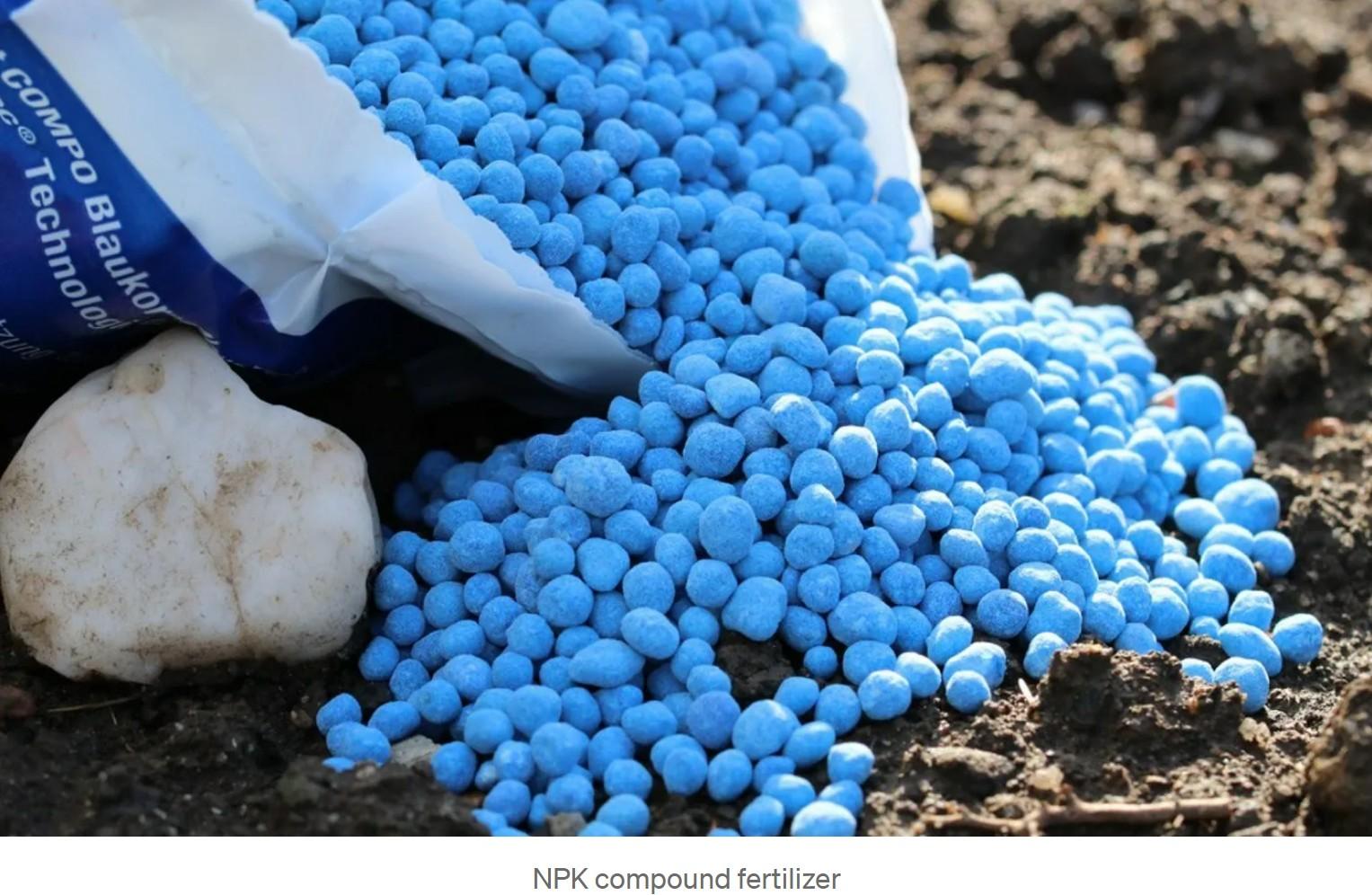What you need to know about selecting proper fertilizer makingmachine:Abeginner’sguide
When it comes to producing fertilizer, the selection of appropriate equipment is of paramount importance in achieving top-notch, efficient, and economically viable outcomes. Whether you’re a seasoned expert or a newcomer to the agriculture or fertilizer sector, the process of choosing the right fertilizer production equipment can be a daunting endeavor. In this comprehensive guide, we will lead you through vital steps and factors to guarantee that you make well-informed choices when investing in equipment for fertilizer production.

Step1: Understand your own npk compound fertilizer productionneeds
The first step in selecting the right equipment for your fertilizer production is to understand your specific needs. Consider the following factors:
NPK compound fertilizer raw materials:
The type and quality of raw materials employed significantly impact the selection of fertilizer production equipment. Various raw materials, such as nitrogen-rich compounds, phosphate rock, or potassium minerals, demand specific processing methods and equipment to ensure efficient conversion into desired fertilizer products. Factors like nutrient content, moisture content, particle size, and impurities in the raw materials dictate the choice of crushers, reactors, granulators, and drying equipment.
NPK compound fertilizer types:
Fertilizers encompass various categories based on their nutrient content and composition. These categories include nitrogen fertilizers, supplying vital nitrogen for plant growth; phosphorus fertilizers, rich in phosphorous for root development and energy transfer; potassium fertilizers, delivering potassium for overall plant health and stress resistance; micronutrient fertilizers,
containing trace elements like iron, zinc, and copper; organic fertilizers, derived from natural sources like compost or manure; and synthetic fertilizers, chemically manufactured to provide specific nutrient ratios. Different types of fertilizers necessitate distinct production processes and equipment. The initial consideration is whether you are manufacturing organic or inorganic fertilizers, granular or liquid, and NPK or single-nutrient fertilizers.
Fertilizer plant production capacity:
The production capacity holds significant importance in selecting fertilizer production equipment as it directly influences operational efficiency and profitability. The equipment choice should align with the desired production output to meet market demand and maximize resource utilization. Large-scale production facilities may require high-capacity equipment to attain economies of scale and reduce per-unit production costs. Conversely, smaller capacity equipment may suffice for niche or specialized fertilizer production, offering flexibility and customization options.
Step 2: Research and Compare npk compoud fertilizer granulationplantoptions
Once you have a clear understanding of your production needs, start researching and comparing equipment options. Here are some key aspects to consider:
A typical fertilizer production line involves several key types of equipment, including but not limited to:
1) Crushers or shredders for breaking down raw materials like phosphate rock or ammonium sulfate into smaller particles;
2) Mixers or blenders to combine different ingredients and create a homogeneous fertilizer mixture;
3) Granulators or pelletizers to shape the mixture into granules or pellets of the desired size;
4) Dryers to remove excess moisture from the newly formed granules;
5) Coolers to lower the temperature of the hot granules and prevent clumping;
6) Screening machines to separate oversized or undersized particles from the final product;
7) Coating equipment for adding protective coatings or additional nutrients to the fertilizer granules;
8) Packaging machinery for filling and sealing bags or containers with the finished fertilizer product. These various pieces of equipment are essential for efficiently producing high-quality fertilizers used in agriculture and horticulture.
Step3:Evaluatefertilizerequipmentfeatures
To ensure you select equipment that meets your specific needs, evaluate the features of each option. Pay attention to the following:
Flexibility:
Is the equipment versatile enough to handle different fertilizer formulations and production processes? Versatile equipment can adapt to changing production requirements.
Automation:
Automation can significantly improve production efficiency and consistency. Consider equipment with automation features if feasible within your budget.
Energy Efficiency:
Energy costs can be a significant part of your operating expenses. Choose equipment that is energy-efficient to reduce operational costs.
How to select proper fertilizer manufacturer equipment conclusion:
Selecting the proper fertilizer production equipment is a critical decision that can significantly impact the success and sustainability of your fertilizer manufacturing business. By understanding your specific needs, researching equipment options, evaluating features, considering environmental aspects,
seeking expert advice, and conducting test runs, you can make an informed choice that aligns with your production goals and contributes to a greener, more efficient fertilizer industry. Remember that the right equipment is an investment that can lead to increased productivity, higher-quality products, and reduced operational costs, ultimately benefiting both your business and the environment. Take your time in the selection process, and don’t hesitate to consult with professionals who can guide you toward the best choices for your fertilizer production needs.
If you’re still unsure about which equipment to choose or need assistance with the technical aspects of fertilizer production, don’t hesitate to seek advice from Tongli experts, consultants, and engineers. We can provide valuable insights and help you make informed decisions. Check out our channel below:

Website: www.npk-fertilizer.com
Website: www.cementgrindingplant.com
Youtube: tongliheavymachinery3898
Linkedin: Zhejiang_tongli
Email: info@tlzjmachinery.com

Reference:
Date: 2023–9–28
Author: Richard.Z
